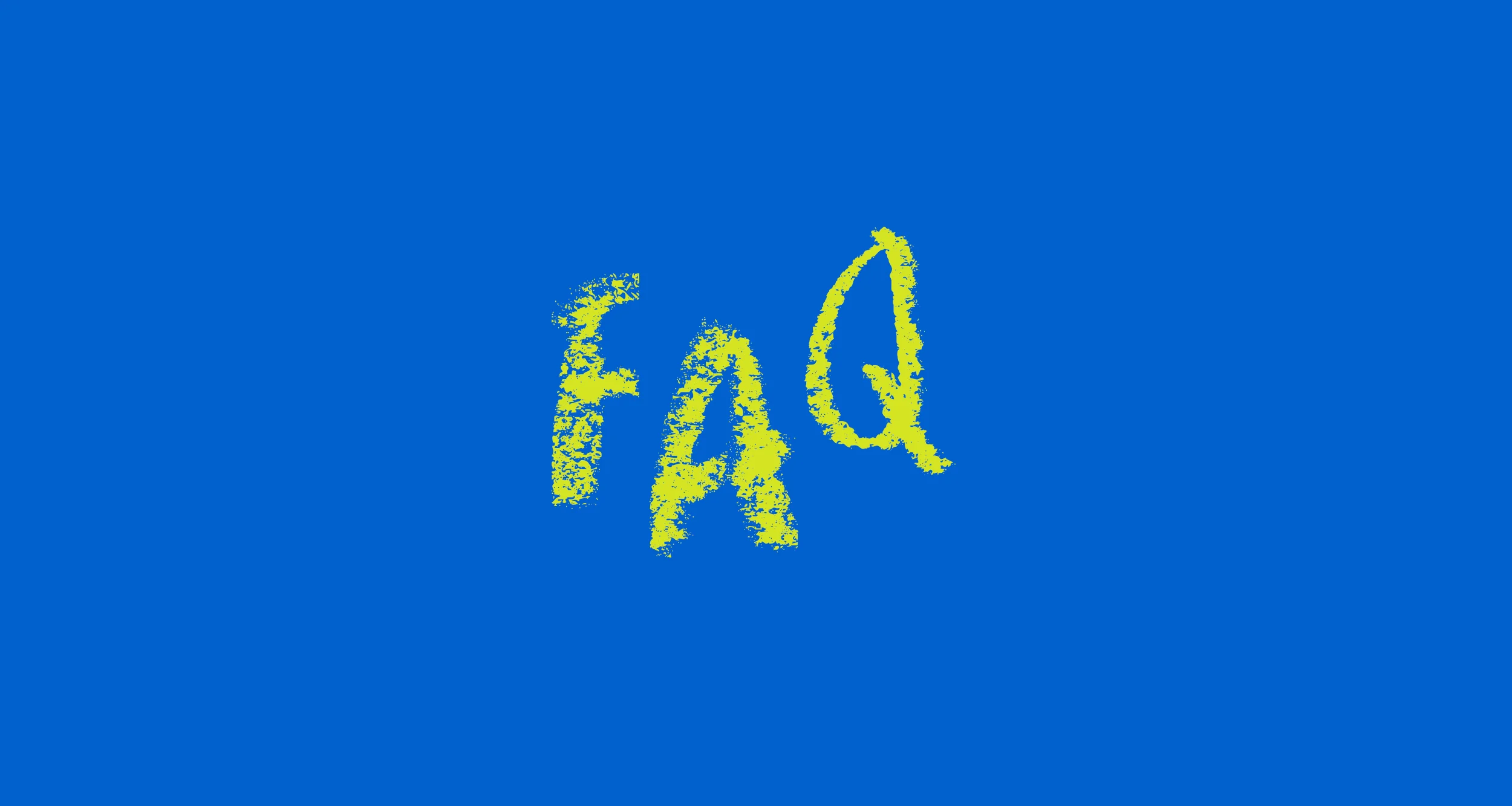Q: It seems like there’s a symbolic reason behind most things in this book. Is that just the way you write or did you specifically choose to write TFiOS in this way? Why?
Well, I always want to write books that stand up to re-reading, but to be clear, there’s more than one good way to read a book. The great thing about figurative language and symbols and the like in novels is that you don’t have to be conscious of them for them to work.
Like, let’s say you read The Catcher in the Rye and somehow your English teacher doesn’t tell you about the red hunting cap, and so you read the whole damn novel without ever thinking much one way or the other about this hat Holden keeps putting on and taking off.
Even if you haven’t thought about any of this consciously at all, there’s still a pretty good chance that something inside you will break open when Phoebe puts the hat on Holden at the end of the book, because it’s such a small and kind and humane gesture. And maybe if you’re heavily invested in the red hunting cap, that moment will hit you harder, but it will hit you regardless.
But the red hunting cap isn’t what makes Catcher good, and if TFiOS is good, it isn’t because of any symbols or metaphors in isolation. Catcher is a great book because it lets you see the world out of someone else’s eyes; it gives you the rare opportunity to escape the prison of your consciousness and imagine in a big and complex and generous way what it would be like to be Holden Caulfield. All the language in the novel exists to make your experience of Holden’s life richer and more compelling and more real.
